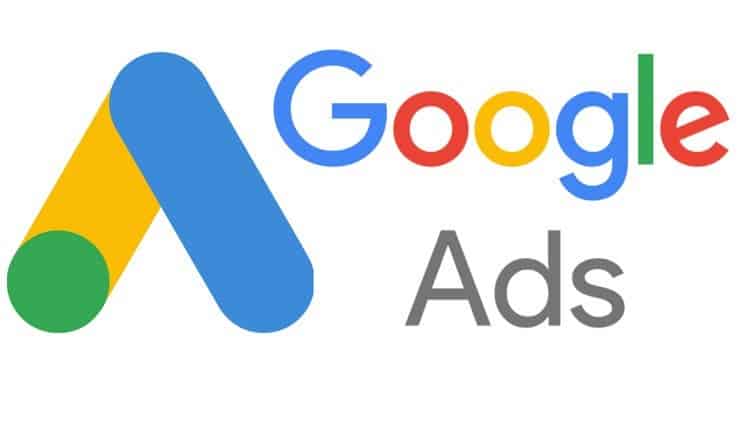Google is one of the most powerful companies in the world, with a near-monopoly on internet search. However, the company is facing a serious lawsuit with the US Department of Justice (DoJ). The U.S. DoJ v. Google antitrust trial is now in its second week. The DoJ is paying attention to the real money-making tool behind Google search ads. Prosecutors allege that Google’s monopoly position allows it to raise ad prices at will. They claim that the company do not have to worry about any blowback as a result of rivalry. This accusation was supported in court by Jerry Dischler, executive vice president of Google Advertising.

The Testimony
In his testimony, Jerry Dischler said Google would adjust its auction process. This could result in ad prices rising by an average of 5% in the past. In fact, the increase goes up as much as 10% for some queries. Users who buy ads are unaware of these price “adjustments,” Dischler said: “We tend not to tell advertisers about price changes.”
This means that Google was adjusting the prices of its ads to ensure that it made more money. Thus, for Google, the market did not determine its prices. Dischler’s testimony is part of the antitrust trial against Google. This also means that Google was not informing advertisers that it was raising the prices of their ads. It could have a huge impact on their advertising budgets.
Raising ad prices is a way for Google to boost search revenue during periods of poor revenue. One of these is based on an email between Dischler and another Google executive, Anil Sabhawal. This happened in spring 2019. The email also mentioned other ways to boost revenue, including making the search service more visible to Chrome users.
Another evidence
Another trial exhibit showed that Google earned $98 billion in revenue from search advertising on its own services in 2019. Dischler said, this figure was 20% higher in 2020. It exceeded $100 billion US dollars, with the vast majority of growth coming from mobile searches. Dischler told the court that about 10% is the upper limit for price increases and that raising 15% is “a dangerous thing.” Still, Dischler acknowledged that even high prices have caused some advertisers to turn to Meta or TikTok, etc.
This shows that Google can raise ad prices with little competitive pressure. This is actually helping the DoJ’s argument that Google maintains an illegal monopoly. Its quite a surprise that this is coming from an executive of Google.
The Implications
The implications of this practice are significant. For one, it means that Google is not operating in a truly competitive market. If Google can raise prices without fear of losing advertisers to competitors, it is not subject to the same market pressures as other companies. This could lead to higher prices for advertisers, which could in turn lead to higher prices for consumers.

Furthermore, this practice could be seen as a violation of trust between Google and its advertisers. If advertisers are not aware that their ad prices are being raised, they may feel that they are not getting a fair deal from Google. This could lead to a loss of trust in the company, which could have long-term implications for its business.
Google’s Response
Google has responded to these allegations by stating that it is committed to transparency and fairness in its advertising practices. The company has stated that it does not raise ad prices without informing advertisers and that it is constantly working to improve its advertising platform.
The fact that a current Google executive has testified to the practice of silently raising ad prices suggests that this is a real issue that needs to be addressed. It remains to be seen how Google will proceed with the case, and whether it will make changes to its advertising practices as a result.
Conclusion
The practice of quietly raising ad prices to boost search revenue is a controversial issue that has significant implications for Google, its advertisers, and consumers. While Google has denied engaging in this practice, the DoJ believes otherwise. At the moment, we can not say whether or not Google violated its commitment to transparency and fairness in its advertising practices. The court will determine that after looking at all the pieces of evidence. It remains to be seen how this issue will be resolved, and whether Google will make changes to its advertising practices in the future.




